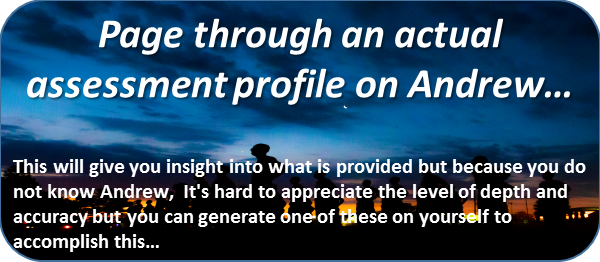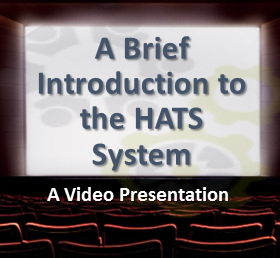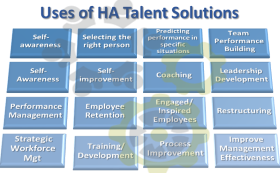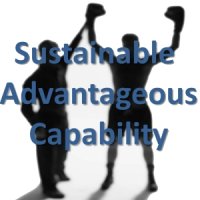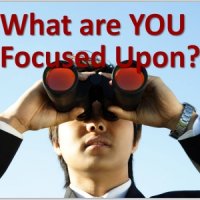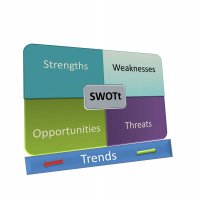When we are under normal work stress i.e. trying to get things done, we act in accordance with our natural tendencies, underlying belief system and strong likes or dislikes. So if you want to better deal with yourself, you need to surface these and make sure, in critical situations, that you deal with them more consciously and purposefully.
A key role that an effective managerial leader must play is the keeper of the vision. How do you progress people effectively towards a worthwhile vision and what are some of the challenges that prevent effectiveness here?
Key to effectiveness here is how you deal with the interplay between three important factors analyzing what might happen in the future, your natural outlook towards the future (optimistic/pessimistic?) and your attitude towards risk. Those who have strong tendencies in each of these fairly equally without extreme tendencies, have more ability and tendency to focus on the long term and involve others in this focus. But those who are risk averse and/or negatively focused on the future while having to look mainly at negative consequences, will often avoid the vision communication and emphasis necessary to be effective.
As a visionary leader, being an effective communicator is important, those who are frank and can get out clearly what's on their mind while at the same time saying it in such a way that you achieve a positive outcome is an important strength. Many of us may not be wired that way and may naturally be blunt or unclear or evasive in our attempt to tell people what they want to hear. If you have one of these two tendencies, to be an effective visionary leader, you'll need to have a disciplined approach and work carefully on the messaging and how it should be delivered.
How you judge and formulate opinions is also important. Many have a tendency to keep an open mind about everything and rarely follow guiding principles or criteria relying on discussing with others or reflecting in the moment. There's nothing wrong with this but if you want to be an effective visionary leader, you've got to be able to commit to a vision and not continually adjust it for short term or temporary considerations. Others are the opposite and have a difficult time changing their opinion so often the vision they may be pushing people may not be adequately bought in to. Another common factor that enhances this are an authoritarian attitude where the leader fails because she has not got enough buy-in because their tendency is to avoid or ignore the needed collaboration to get people behind a vision.
The key reason for this discussion is to get you to think about how well you know yourself and what are the hindrances and the supports for taking on the role of keeper of the vision.
You natural way of being fulfilled, helping other people versus helping yourself and staying goal focused is also important.


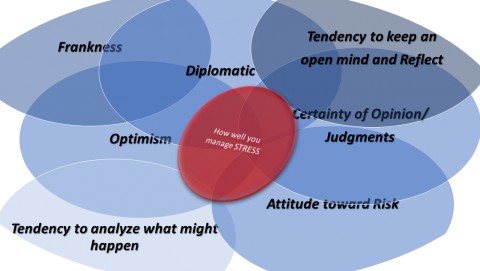

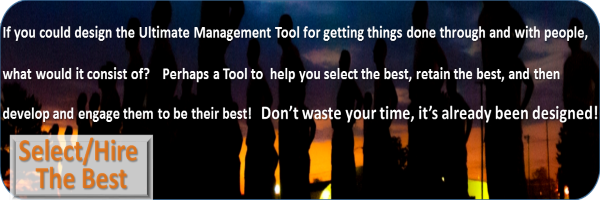
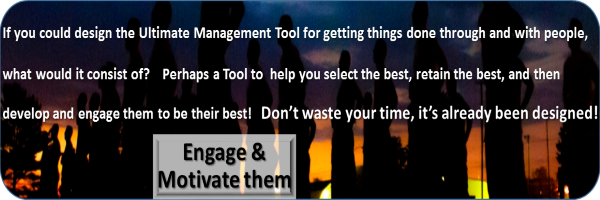
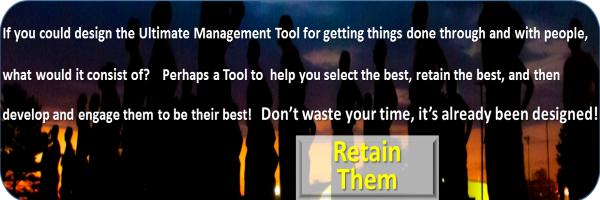
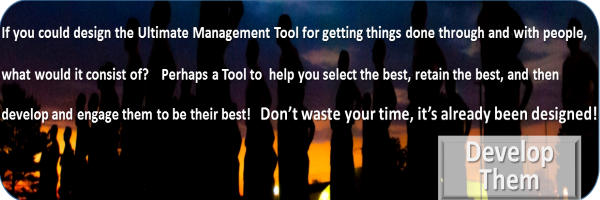
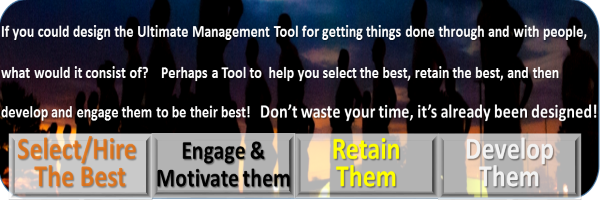
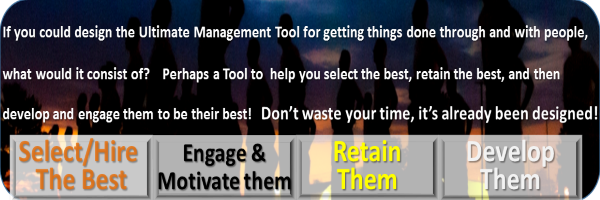

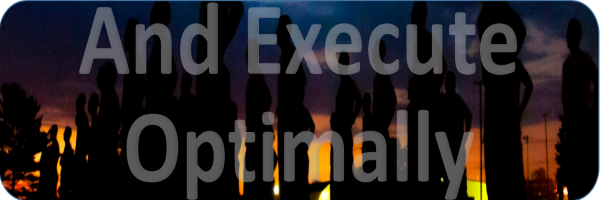
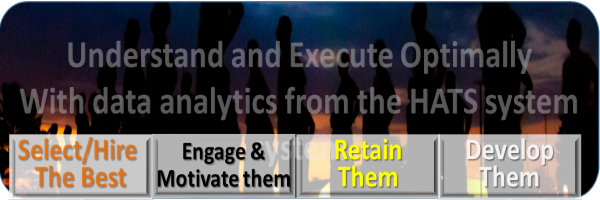
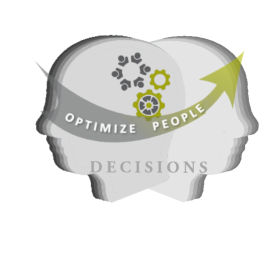




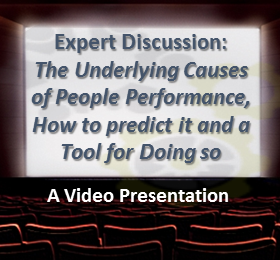

 One of the most difficult challenges managers face is choosing the right people and understanding how to get them to perform at their best. During the last 12 years of our experience, we have found no other tool except the Harrison Assessment that enables this kind of capability with incredible accuracy and insight.
One of the most difficult challenges managers face is choosing the right people and understanding how to get them to perform at their best. During the last 12 years of our experience, we have found no other tool except the Harrison Assessment that enables this kind of capability with incredible accuracy and insight.